News & Media
Artificial intelligence for sustainable development
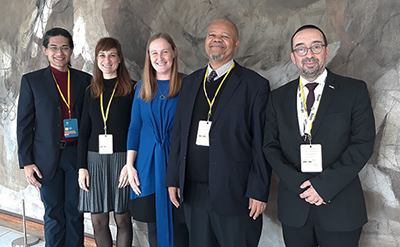
Trine Jensen (Workshop chair) (centre) and presenters Ram Gopal Raj, Agata Lapedriza, Mandla Makhanya and Daniel Burgos at a workshop jointly organised by the Section for Higher Education at UNESCO and the International Association of Universities
UNESCO’s Mobile Learning Week 2019 from 4 to 8 March 2019 focused on artificial intelligence (AI) and sustainable development.
"How can we extract value from the use of AI? What are the opportunities that can cascade from developments in that area? And what are the challenges?"
These were the questions posed by Prof Mandla Makhanya, Principal and Vice-Chancellor of Unisa, at a workshop at the event on 5 March 2019, jointly organised by the Section for Higher Education at UNESCO and the International Association of Universities, to present new opportunities provided by AI in higher education.
Makhanya said that he saw massive opportunities cascading from AI for higher education in general. "Africa, and the higher education system in particular, must not only prepare for the current technological turn, but we must catapult ourselves into a space where AI is the name of the game. We must effectively use it to stimulate growth and development, as well as democratise our landscape," he stated.
"Higher education is a people-centred activity. It must not be reduced to a form of hegemony by tech-enthusiasts." ~ Prof Mandla Makhanya, Principal and Vice-Chancellor of Unisa
Makhanya listed some exciting AI opportunities that Unisa was investigating, including comprehensive data snapshots, a system that provides preliminary assessment on a student’s argument and points them to areas that require focused attention, the e-rater engine and intelligent tutoring systems.
However, he uttered the caveat that while AI might assist teaching staff to do their work efficiently and effectively, it was necessary to accept that the centrality of the lecturer in academic engagement was still crucial. "Higher education is a people-centred activity. It must not be reduced to a form of hegemony by tech-enthusiasts," he urged.
"Blind AI enthusiasm may inadvertently lead to a dehumanisation of the higher education experience. Universities must remain spaces where students and lecturers learn the important skills of human interaction, and concern for fellow human beings and the environment," Makhanya insisted.
AI supporting the academic project
That being the case, it was perhaps on the administrative side, supporting the academic project, that Unisa would benefit from advances in AI, he said. "The university has phased out the paper-based application and registration system. Yet, the back end of that process is still attended to by our staff." This was, he said, proving to be a serious challenge, especially as student numbers had grown exponentially. "We are therefore exploring how we may employ systems that will not only receive but assess and process applications and provide feedback to the applicants. The system would later process the registration and subsequent stages to enable the student to be fully integrated into the system," the VC concluded.
Held annually at UNESCO Headquarters in Paris, the Mobile Learning Week convenes education and technology experts from around the world. 2 100 participants registered from 130 countries participated in 2019 in an event that provided the educational community, governments, and other stakeholders a unique opportunity to discuss the role of AI for sustainable development.
You can read the VC’s speech here.
* Compiled by Sharon Farrell, Editor: Internal Communication, Department of Institutional Advancement
Publish date: 2019-03-08 00:00:00.0

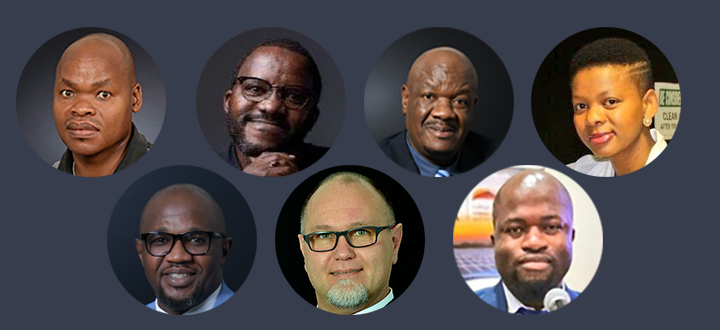 Seven Unisans nominated for the NSTF-South32 Awards 2023/2024
Seven Unisans nominated for the NSTF-South32 Awards 2023/2024
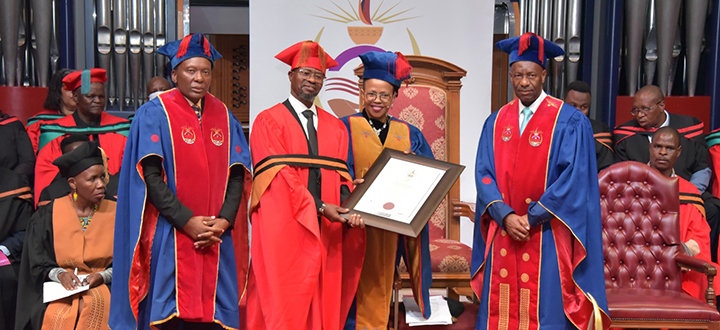 Unisa awards posthumous honorary doctorate to literary maven, OK Matsepe
Unisa awards posthumous honorary doctorate to literary maven, OK Matsepe
 From humble beginnings to academic leadership
From humble beginnings to academic leadership
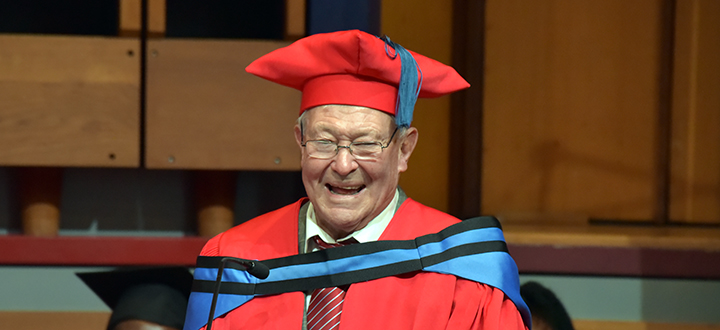 Community champion and agricultural entrepreneur extraordinaire honoured by Unisa
Community champion and agricultural entrepreneur extraordinaire honoured by Unisa
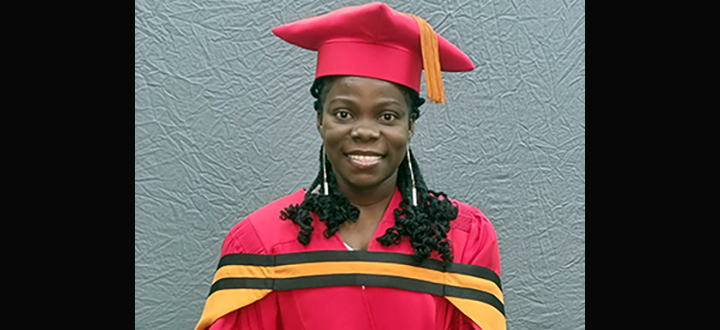 Ghanaian-born Swede earns PhD in Information Sciences from Unisa
Ghanaian-born Swede earns PhD in Information Sciences from Unisa